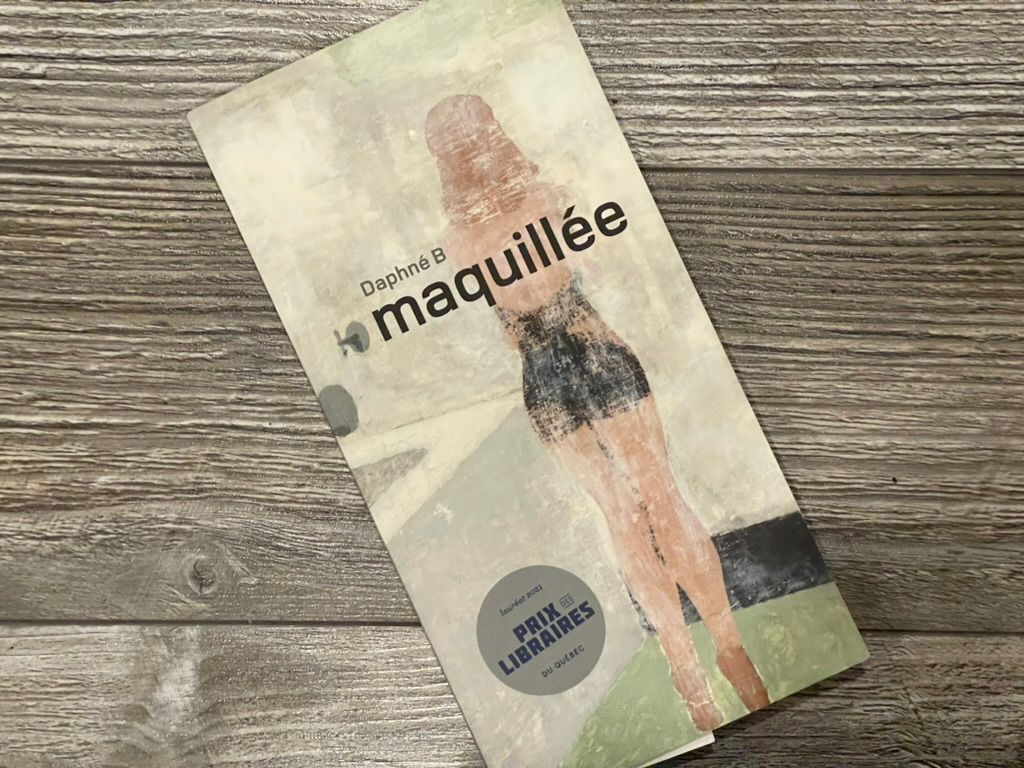
Through a mix of elegant wordplays, personal narratives, and quotes, Daphné B uncovers patterns about society and our lives. I loved how the narrative is woven together through the lens of make-up, and how layer by layer she brought attention to things that are right in front of me. I loved her writing, so much so it made me want to read in French again, and reminded me of how much writing can be beautiful and powerful way to make sense of human experiences.
The book touches on many themes, but I will points out ones that resonated with me personally. Having just finished Care and Capitalism, I was particularly tuned into questions around care and self-care.
Ainsi, le selfcare exige un mouvement, non pas de repli sur soi, mais bien de retour vers soi. En prenant soin de nous, c'est à notre propre regard qu'on se révèle. Cette chose que l'on tait, notre chair, nous apparaît soudain. Et d'ailleurs, c'est seulement une fois qu'on a pris conscience de sa vie qu'on peut lutter pour elle. (139)
The contrast between the “repli sur soi” and “retour vers soi” is so beautiful in how precisely it distinguishes the deficit-based way of looking at care (e.g. mend the broken) from a strength-based way (e.g. cherish what is).
I also love the distinction self-care as a disembodied concept applied to a "self" vs. something that start from the "self" itself. It has been really empowering for me to think of care as a celebration of self (worthy of care), taking a step away from seeing my self as broken (in need of care).
In talking about putting on makeup, Daphné celebrates the time it takes, time that is reclaimed for oneself. In Care and Capitalism, time is emphasized as an critical component of care, because it is an affective activity that requires the presence and attention of a person. In a similar way, maquillée reminds me that self-care as resistance requires deliberately taking time to come back to myself.
I have not figured out what self-care looks like for me, mostly because I'm still working through layers of baggage that make it difficult to reach. However, the book made me take pause, and assess what I am choosing to put time into. There is a clue here that activities which are deliberately non-transactional, "unproductive", and bodily are likely a good starting point for me.